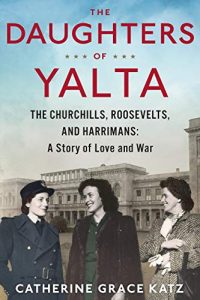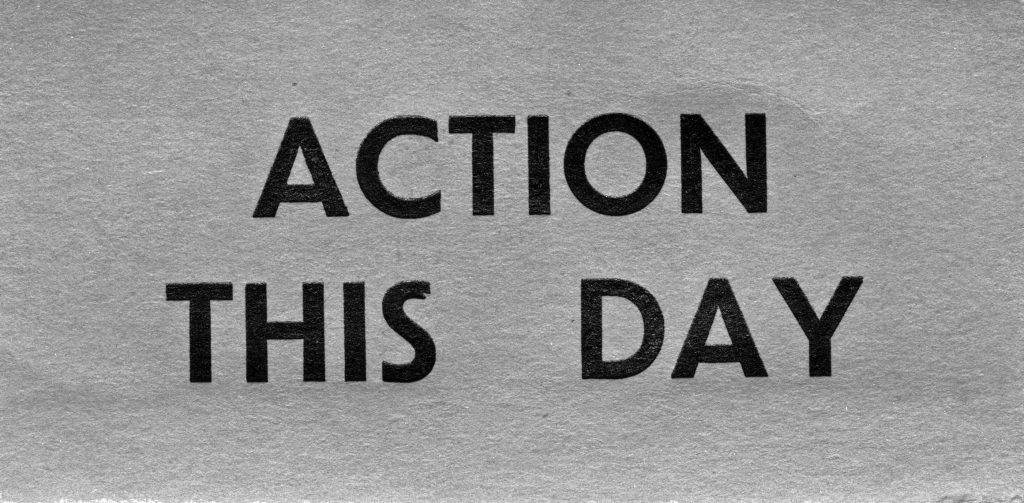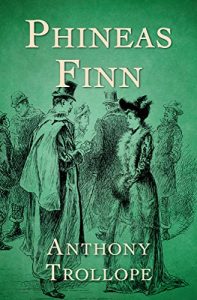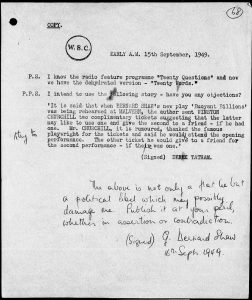
Finest Hour 190
Action This Day – Autumn 1895, Autumn 1920, Autumn 1945

February 21, 2021
Finest Hour 190, Fourth Quarter 2020
Page 42
By Michael McMenamin
125 Years Ago
Autumn 1895 • Age 20
“Comfort and Convenience”
Churchill wrote to his mother Jennie on 30 September commenting on current events in China, Armenia, and Africa. He closed the letter by telling her he was required to take his two-and-a-half month leave from 24 October to 8 January 1896. “Do try and arrange some common rendezvous for us.” Imagine then Jennie’s surprise four days later at receiving a letter from her son grandly advising her of his spur-of-the-moment decision to travel to Cuba to observe there the unfolding rebellion. To Jennie, the impulsive decision must have reminded her of the harum-scarum boy with which she had so frequently had to deal in the past ten years.
Churchill’s first crossing of the Atlantic Ocean was not pleasant. In a shipboard letter to Jennie on 8 November, he wrote, “We had it rough and stormy—with the spray covering the whole ship & the deck almost underwater.” Nevertheless, he and his brother officer Reggie Barnes were eager to get to the action in Cuba. They had planned to spend three days in New York, but Churchill wrote his mother that they might reduce this to only a day and a half. As he left the ship in New York City, however, Churchill was met on the quay by the Irish-American lawyer, Congressman, and orator, Bourke Cockran. Earlier that year, Cockran had had a love affair in Paris with Churchill’s mother and had agreed to Jennie’s request to look after Winston when he arrived in the United States. Cockran so entranced Churchill that the young soldier extended his first visit to New York into a full week. Thus began an important relationship with America’s most famous orator, who now became a mentor to Churchill.
On 9 November, Cockran held a large dinner party in Churchill’s honor attended by prominent judges before whom Cockran practiced. Churchill wrote to his mother the next morning about his first day in New York and about Bourke Cockran: “I have great discussions with Mr. Cockran on every conceivable subject from Economics to yacht racing. He is a clever man and one from whose conversation much is to be learned.”

2024 International Churchill Conference
On 12 November, Churchill wrote a long letter to his Aunt Leonie in which he observed how extraordinary was the “comfort and convenience” of the various modes of transportation in New York—tramways, cable cars, and ferries—which “harmoniously fitted into a perfect system accessible alike to the richest and poorest.” Churchill, however, was not impressed with paper currency in America and offered this explanation to his aunt:
I wondered how to reconcile the magnificent system of communication with the abominable currency for a considerable time and at length I have found what may be a solution. The communication of New York is due to private enterprise while the state is responsible for the currency: and hence I come to the conclusion that the first class men of America are in the counting houses and the less brilliant ones in the government.
Churchill vividly described his first impressions of Americans in a letter to his brother Jack on 15 November: “A great, crude, strong, young people are the Americans—like a boisterous healthy boy among enervated but well-bred ladies and gentlemen. Some day Jack when you are older you must come out here and I think you will feel as I feel—and think as I think today.”
Churchill and Barnes left New York on 17 November by train for Key West, Florida in a private stateroom secured for them by Cockran, which, as he informed his mother in a letter from Cuba, made “the 36 hours we passed there…not as unpleasant as if we had to travel in a regular compartment.” Even at age twenty, Churchill was easily satisfied with the best.
During their time in Cuba, both Churchill and Barnes were awarded the Spanish military decoration of the Red Cross for gallantry displayed during an engagement between government and rebel troops, where Churchill came under fire for the first time in his life. His adventure in Cuba was the first—but not the last—time over the next five adventure-filled years during which he experienced the exhilaration of being shot at without result.
100 Years Ago
Autumn 1920 • Age 45
“Frightfulness”
Violence in Ireland was a primary concern of Churchill’s during the autumn of 1920. As the Secretary of State for War, Churchill that summer had condemned the British use of reprisals in India by what he called “frightfulness,” i.e., “the inflicting of great slaughter or massacre upon a particular crowd of people, with the intention of terrorizing not merely the rest of the crowd, but the whole district or the whole country,” but he condoned the same policy in Ireland over the opposition of Sir Henry Wilson, the Chief of the Imperial General Staff. Wilson wrote in his diary on 22 September that the local police in three Irish towns “marked down certain Sinn Feiners as actual murderers or instigators & then coolly went and shot them without question or trial. Winston saw very little harm in this.”
Nevertheless, Churchill wrote on 2 October to his cousin Shane Leslie that the moment the Sinn Fein murders ceased, British policy in Ireland “will enter upon a new phase and I shall not be behindhand in doing my utmost to secure a good settlement.” The Sinn Fein murders and Black and Tan reprisals continued. On 9 November, Scotland Yard learned that a Sinn Fein cell planned to conduct kidnappings, with Prime Minister Lloyd George and Churchill at the top of their list.
On 15 November, four British officers were kidnapped in Ireland and never seen again. On 17 November, Black and Tans killed three men in Cork in reprisal. Early Sunday morning, 21 November, IRA leader Michael Collins’ squad of hit men, “The Apostles,” pulled off the deadliest raid in the Anglo-Irish war. A total of fifteen men were killed, including at least six British Intelligence officers, known as the “Cairo Gang,” and assorted informants, along with the odd innocent civilian in cases of mistaken identity. Several Intelligence officers were shot dead in front of their wives, whose lives were spared.
As Collins later observed: “My conscience is clear. There is no crime in wartime in detecting the spy and the informer. They have destroyed without trial. I have paid them back in their own coin.” Army troops and the Black and Tans retaliated that afternoon in a display of “frightfulness” by opening fire on a crowd in Croke Park attending a Gaelic football game. Fourteen persons were killed, including one football player, and scores were wounded. On 28 November, the IRA ambushed seventeen Black and Tans near Macroom, killing sixteen. On 1 December, Churchill told the Cabinet that he had insufficient troops to control the whole of Ireland. Still the violence continued until the following summer, when a truce was called.
75 Years Ago
Autumn 1945 • Age 70
“Sunshine Is My Quest”
After spending the first two weeks of September in a villa on Lake Como with his daughter Sarah, where, he wrote his daughter Mary, “I paint all day & every day,” Churchill left for a villa on the Mediterranean, east of Genoa. “Sunshine is my quest,” he wrote to his wife. While there, he swam in the sea and continued to paint. This included an attempt to paint several bombed-out houses, which drew boos from local citizens. Realizing he had offended them, Churchill promptly stopped painting and left. He later admitted that he would have been “damned annoyed” had a victorious Hitler painted bomb damage in London.
From Genoa, Churchill went to Monte Carlo and spent two days at the Hotel de Paris, where he and his wife had last stayed in 1932. “It was like the old days,” he wrote to her. He then spent the remainder of his holiday at a villa in Antibes provided for him by General Eisenhower. When he finished his holiday in late September, Churchill had completed fifteen paintings.
Upon returning to London, Churchill found an invitation from President Truman inviting him to speak at Westminster College in Fulton, Missouri, the President’s home state. Churchill accepted the invitation, since he and his wife had already made plans to spend the winter in sunny Florida.
Subscribe
WANT MORE?
Get the Churchill Bulletin delivered to your inbox once a month.




